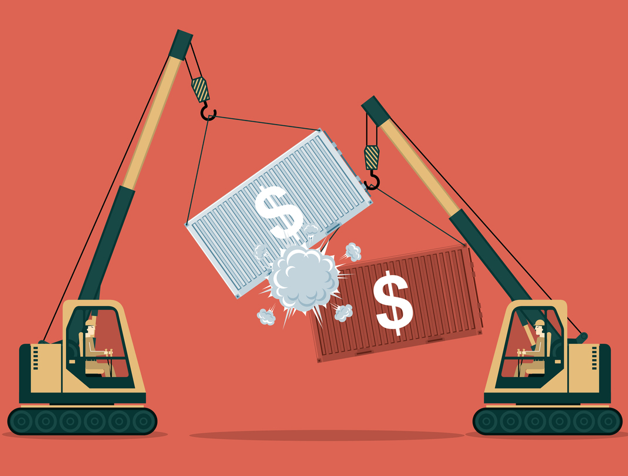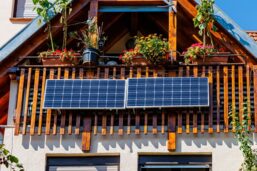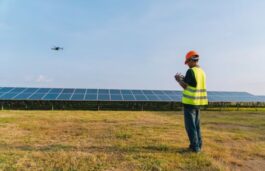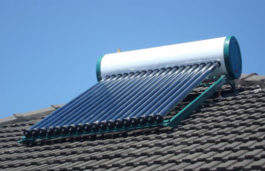 As Protectionist Walls Come Up, China's Solar Giants Pin Hopes On Global Growth
As Protectionist Walls Come Up, China's Solar Giants Pin Hopes On Global Growth Following the Inflation Reduction Act in the US, India’s own PLI schemes and the Basic Customs Duty on Solar Imports, the European Commission is set to erect some protectionist fences at its borders too.
Under the European Commission’s (EC) proposed Net Zero Industry Act, which seeks to accelerate the decarbonisation of the energy sector in the continent, a key aim is to source 40% of all cleantech from within the continent, besides cutting reliance on imports. Solar PV is obviously also among the many decarbonisation technologies covered under the ambit of the proposed act.
Technologies including solar PV, solar thermal, batteries and storage, onshore wind and offshore renewable energy and grid technologies, hydrolyser manufacturing and more have been termed ‘strategic’, making them eligible for focused support.
The EC has already previously announced the Critical Raw Materials Act to diversify its imports of critical raw materials. This was targeted more at the EV sector, especially critical imports of Lithium and other rare earth minerals so vital to battery development.
There is no doubt that the measures from the EC are squarely directed primarily at China and Russia (for its gas), but they do risk upsetting many other calculations as well. The commission is also clearly worried about the Europe based manufacturers in the wind sector, as well as Green Hydrogen who risk losing out to other global competitors, especially from China, as investments globally ramp up here. Chinese wind energy firms for instance have made giant strides in the past 5 years, and will probably seek a share of the last remaining market, the offshore wind energy market soon.
Much like the US, developer backed bodies in EU have also expressed fears that measures like the Net Zero Industry Act might slow down renewables deployment, besides leading to a hike in costs. In India, one of the lowest cost markets worldwide till the BCD regime kicked in, costs have gone up anything upto 15-20% at least, ever since sourcing started domestically. That, and the fact that high quality material was simply not available at the right price or quantity, forced the government to hold its domestic module use regulation, the ALMM condition, in abeyance till April 1 next year.
The US too saw a slowdown in capacity additions, till the government exempted Bifacials from restrictions on imports from China and some other South East countries.
For Indian manufacturers, who have been ramping up capacity in anticipation of high domestic demand as well as export markets, the wave of protectionism is likely to cause some worries on their long term export prospects.





























